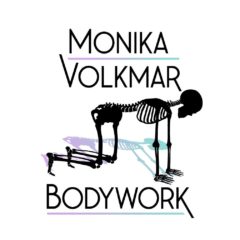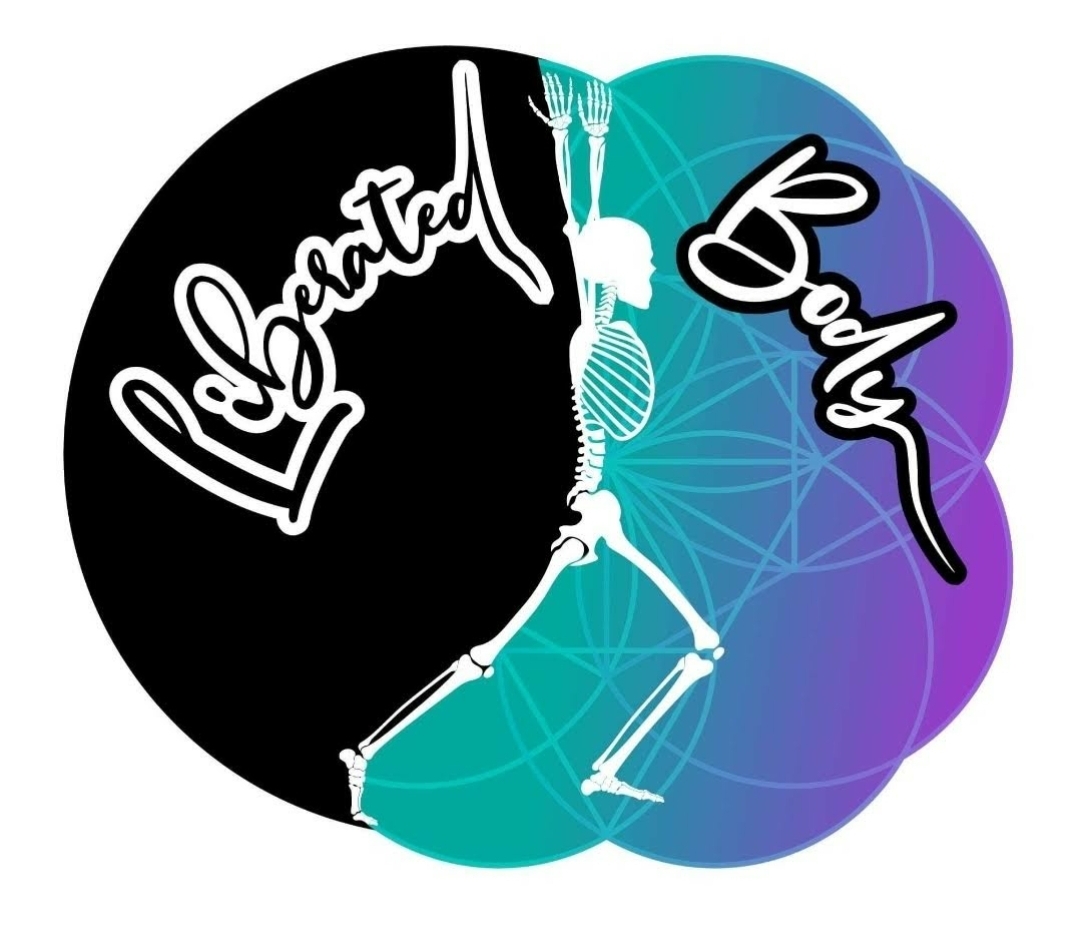The following is an expanded version of a little talk- a “meditation”- I gave to my students this week at the beginning of one of my virtual movement sessions, via the now ubiquitous Zoom.
Most of my life, my movement practice has been a spectator sport.
Gymnastics, dance, powerlifting, climbing, and even the most mundane work outs at the gym…. If I’m being honest, I probably wouldn’t have done any of it without an audience. It all lacked intrinsic importance without witnesses to make it real.
Indeed, in many areas of life, it is doubtful that I’ll do the thing unless there’s someone else there to compare myself to in regards to how well I’m doing it.
The question of our time: If you do a workout and don’t post it on social media, did it even happen?
Because without spectators how would I know if I was good enough? How can I be the best at something with no one to judge me?
And now, with all the time and space of self-isolation, free from mirrors, free from spectators, free from the usual “out there” pressures to look and dress a certain way, I’ve been reflecting on what role movement truly plays in my life.
What does a movement practice look like with no bystanders as a reference to its existence? In other words…
If no ones watching what’s the point?
Well, I’m still moving, so I must have found a point, even if its just to self-indulgently write about it, here.
So I’ve found myself contemplating more deeply on what goals I actually have for my movement practice. Now that there is no excuse but for it to be a purely nourishing act for me, and not about using it to fit myself into the status quo, or seek recognition, or compete… What the heck am I doing?
Instead of asking, what are my fitness goals? I’m asking, what deeper goals do I have for me that movement can serve as a tool for on that journey?
What might I be using movement to escape from, living in isolation?
As I wrote about in my On Physical Mastery #1 blog post, I think its important to get clear on intention beyond the goal, and investigate the source of the goal. Is your goal even your own?
Most goals have been set for us, not by us, without our even knowing. Most goals are beliefs we’ve been converted to which reduce our ability to learn something new. Belief systems stymie experiencing the new, its a very efficient mechanism…
In any case, my existential question today is:
“if no one’s watching, and I exercise, and I can’t see myself in the mirror, and I have no goal, and I don’t post about it on Instagram, and no one else is even going to see me for the next month at least… What is the role of movement in my life?”
What’s the fucking point?
What am I hoping I’m going to get when I deliberately carve out the time to participate in the physical area of my life, through movement and exercise?
Enter mastery.
In movement, as in every area of my life, the concept of mastery pops up. And I started thinking about it more deeply: What does it mean to develop physical mastery?
Isn’t physical mastery the result of accomplishing your fitness goals?
On the contrary. I think physical results are a byproduct of mastery, not the source.
I think back to when I reached my goal of deadlifting 225lbs in 2014. It felt like mastery. Until the question arose: Now what? Until my body started hurting. Until I lost interest in powerlifting all together.
I did the thing…. Now what’s the point?
If I’m being honest, while I overtly stated (rather, convinced myself) that I was doing it because I was an empowered woman, I was really doing it to prove something to the world. To the ~80% male gym I worked in, that I could keep up. I recognize now that I was a victim of goal hijacking rooted in my needing to prove that I was enough through the outward expression of strength.
But anyway, here’s what I think physical mastery really is.
What is mastery in the physical area of life?
Physical mastery demands moving with complete awareness. Moving with attention and intention. Mastery is feeling empowered from within, not trying to exert power over your body, like it is a battle to win, or a problem to fix (like my deadlift goal).
Mastery is enjoyment of your physical being. Not because it is already perfect, free from pain, or performing to peak efficiency, but despite its imperfections, you still find reason to delight in it. You find that taking ownership of your body’s true needs, not striving to live up to someone elses’ expectations for it, is an act of celebration.
Mastery begins only when you cease to be blind to your physical reality- seeing the facts about your body- and deciding to act on what needs to be done. Instead of ignoring problems and exercising to numb out, mastery demands seeing your body as something to care for, not ignore the feeling of just to do what looks cool.
Mastery is cultivated in your curiosity to see how past injuries- those uninvestigated, ignored, overlooked, and untreated- are affecting us still, today. Mastery demands moving beyond ignorance, wanting to understand how your body got to the state its in now. Tracking how everything you’ve done up until right now is reflected in the way your body looks, functions, and feels. You see the cause and effect, and you see you can choose to be unaffected, should you accept the challenge. In mastery you see your imperfect state not as being helpless and fixed, but as untapped potential.
Mastery is not pushing through pain, but bowing to it and doing what needs to be done, even if that means doing much less, or much more, or something completely different.
Mastery is choosing not to be lazy, but choosing to engage. Mastery begets an awareness that when you are doing what is right for your body, it is right for your mind, your spirit, for every other area of your life, and for everyone else in your life.
Mastery transcends getting out of pain, or performing better at a sport, or improving your posture, or losing weight, or getting stronger. But you can tell you’re moving into mastery when these results come simply as a byproduct of doing something for you because you care about you, free from influence of anyone’s judgements, philosophies, techniques, or ideas.
Mastery is when your goals are your own, not hijacked by society, your parents, your friend group, or your yoga instructor (or me…).
Mastery is the ongoing, loving inquiry: What more can my body be for me? What is getting in the way of realizing this? What obstacles might I be blind to? Is the trajectory I’m on meaningful, enjoyable, sustainable, and healthy?
Mastery is not giving up on yourself. Even when you make mistakes, you can do nothing wrong- Either you make the immediately useful choice, or you learn something important. You see your body as a self-correcting mechanism. When you are not on a path of mastery, your body will let you know. Pain, fatigue, injuries are all signposts pointing out lessons we need to learn, helping us get back on course. Mastery is learning to listen and look for the signs.
Mastery is a never ending journey, not a location on a map. It doesn’t cumulate with the attainment of a result. It doesn’t mean I can ever stop working on my body, but is alive in the recognition that my work is never done. And yet I take delight in working anyway.
Chop wood, carry water.
So what’s the point of a movement practice in isolation?
To celebrate having a body. And celebration requires no witness. To come this place of self-delight demands a degree of physical mastery.
So, perhaps you’d like to take a moment before the next time you move and reflect on this:
How are you embodying physical mastery, right now?
And how might you be avoiding it to maintain a sense of comfort and familiarity?
What small shift needs to be made, could you make, in your physical practice, today, to embody physical mastery?

